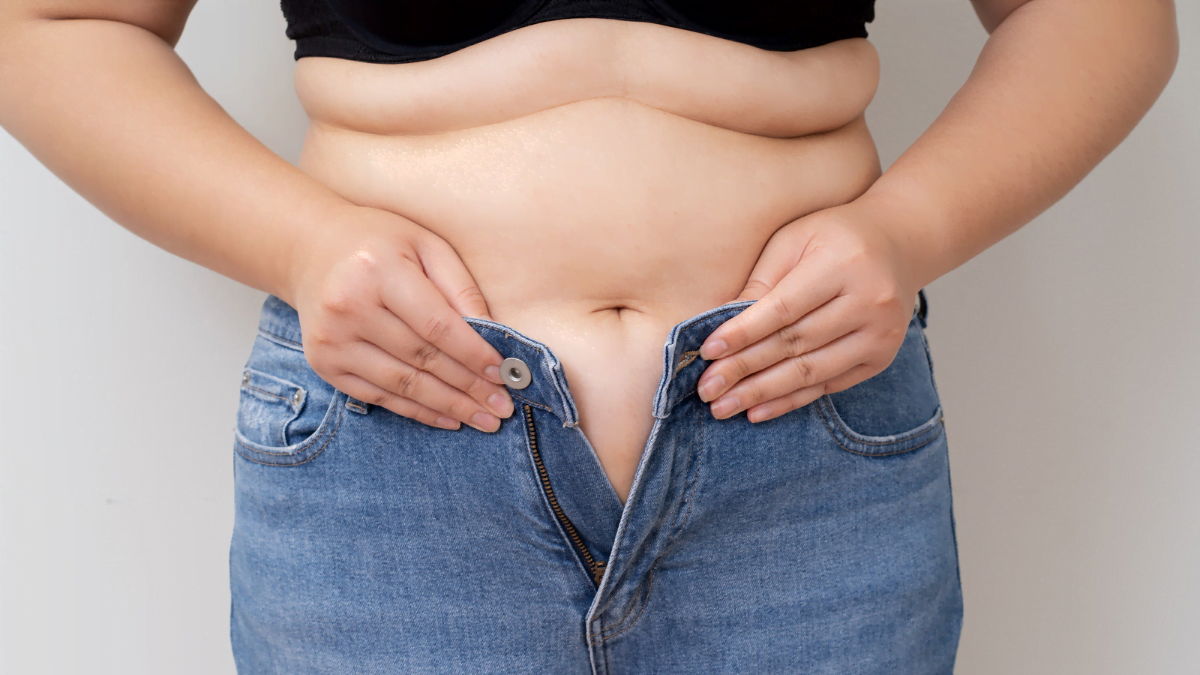Key Takeaway: A recent review finds that our body tends to gain as much fat as possible 📈 because of metabolic adaptation 😬. For this, the researchers recommend trying personalized diet strategies 🥗, exercise 🏃♂️.
Did you know that losing weight can actually make it harder to keep it off? 😲 Yes, that’s because your body adapts to the lower calorie intake 🍽️ by slowing down your metabolism, the process that burns energy from food 🔥. This phenomenon is called metabolic adaptation 🐢, and it can be a frustrating obstacle 😤 for many people who are trying to achieve their weight loss goals.
Metabolic adaptation is not a new concept, but a recent research review published in the Journal of Strength and Conditioning Research summarizes the current scientific knowledge on how our body responds to energy restriction, which is the main strategy to lose weight. It turns out that when we eat less than we burn 🔥, our body tries to restore the energy balance by reducing our energy expenditure and increasing our appetite 😩. This phenomenon is called metabolic adaptation, and it can have a significant impact on our weight loss outcomes.
The review also discusses some possible nutritional interventions to reduce the effects of metabolic adaptation, such as increasing protein intake 💪, fiber intake 🥦, or using intermittent energy restriction protocols (such as diet refeeds or breaks 🍽️). These strategies may help preserve lean body mass, increase satiety, and modulate hormonal responses during weight loss.
However, the review also acknowledges that the evidence for these interventions is mixed and scarce 🤔, and that more research is needed to determine the optimal dietary approach for different populations and goals. The review also emphasizes the importance of physical activity 🏃♀️ and resistance training 🏋️♂️ to maintain energy expenditure and muscle mass during weight loss.
So, what can we learn from this review? 🧐 Well, first of all, we should be aware that weight loss is not a linear process, and that our body can adapt to energy restriction in ways that may hinder our progress. Second, we should not rely on a single dietary strategy 🥗, but rather use a personalized and periodized approach that considers our individual needs and preferences. Third, we should not neglect the role of exercise, especially resistance training, to support our weight loss efforts and improve our health 💪.
What do you think about metabolic adaptation? Have you experienced it yourself? How do you cope with it? Share your thoughts and tips in the comments below! 😊

